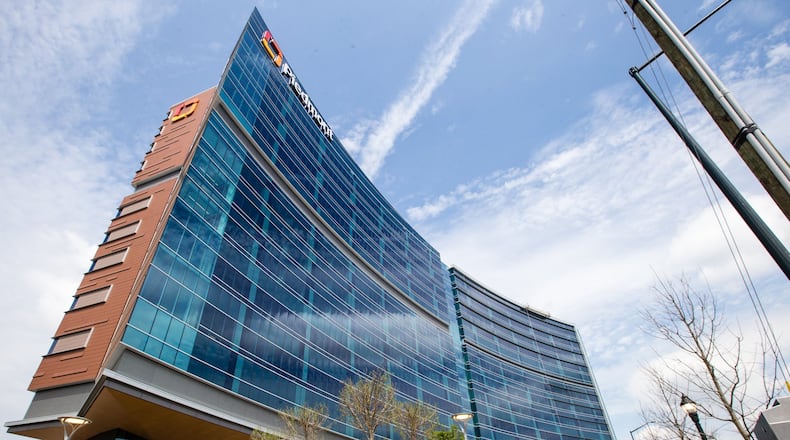You might have seen a lot of discussion in the media over the past few months about large health systems canceling “elective” surgeries to prepare for the COVID-19 pandemic.
I used quotes around the word elective for good reason. In medicine, some words have clinical meanings that those in the non-medical world might not necessarily attach to them. In this case, elective means anything that can be scheduled. Put another way, it’s anything that, if you show up at the emergency room, doesn’t have to be handled immediately.
What are some surgeries that fit into this category? Surgeries to remove breast cancer and prostate cancer tumors. The problem with that term is that if you’re the one with the breast cancer tumor or prostate cancer tumor, the surgery you’re scheduled for might not seem very elective to you.
That is why Piedmont, when we resumed surgeries and procedures at our hospitals at the end of April, used the terms essential and time-sensitive. Soon, in concert with other major local health systems, we will commence elective surgeries, a broader category that encompasses all scheduled procedures, including, for example, cosmetic surgeries, as a result of available capacity.
At the risk of stating the obvious, practicing medicine in a pandemic is not like practicing medicine in ordinary times. Piedmont – like most other healthcare systems in Georgia - have taken a series of steps that will create a safer environment for patients and our employees who are returning to receive care since the peak of the pandemic.
We know that these steps – many of which are widely known to the public, including restricting visitors, and social distancing – will in fact create a safer environment and stop the spread of COVID-19. We also hope that they will have the added psychological benefit of changing the perception that many in the public have regarding physician offices and hospitals.
At Piedmont, we have a group of patients who have agreed to participate in regular polls on a variety of topics. For the past number of weeks, we have surveyed them on this question. On April 26, nearly 60 percent said they were “very or somewhat uncomfortable” visiting a physician’s office and about 40 percent said they felt “very or somewhat comfortable” doing the same.
Fortunately, time is having a salutary effect on that dynamic. Of 315 respondents on May 24, 51.1 percent said they feel very or somewhat comfortable visiting their physician office. Almost 40 percent feel the same about visiting the hospital.
Clearly, we still have our work cut out for us. That is why it is so important for the public to know everything we are doing to safeguard their health, which includes a number of measures. For example, if you are coming to one of our hospitals for a procedure, you must be tested for COVID-19 within 72 hours. If you receive a positive result, you must wait three weeks before returning. That vastly cuts down on the potential for community spread, along with social distancing, visitor restrictions, screening and the need for everyone – employee, patient and visitor – to wear a mask when entering our hospitals.
While the steps mentioned above have a common-sense aspect to them, we have incorporated innovation as a major part of our approach as well. At our clinics, we are employing a “mobile waiting room,” in which patients can wait in their vehicle and be notified via mobile phone that the physician is ready to see them. Under some circumstances, if a patient is exhibiting COVID-19-related symptoms, the physician will don the necessary personal protective equipment (PPE) and conduct the visit in the patient’s vehicle. All of this creates a safer environment for every patient.
We also have rapidly scaled up telehealth. Since the start of the pandemic, we have performed nearly 60,000 visits through a simple video conferencing platform. At the peak, each week our physicians were conducting nearly 2,000 telehealth visits, a number that has declined since we have reopened our clinics and patients have shown increasing comfort in making in-person visits. Nonetheless, telehealth remains a vital option for the groups of patients who are most at risk if they were to contract COVID-19: the immunocompromised and the elderly.
The bottom line that all patients should know is that the health systems are doing everything in our power to keep you safe – and, critically, that delaying or choosing not to receive care for ongoing health issues can lead to very bad, if not the worst, outcomes. If you have any questions, call your provider to ask what steps they are taking to make you safer. I’d be willing to bet that you will leave the experience feeling reassured.
Dr. Leigh Hamby is the chief medical officer of Piedmont Healthcare.
About the Author
Keep Reading
The Latest
Featured



